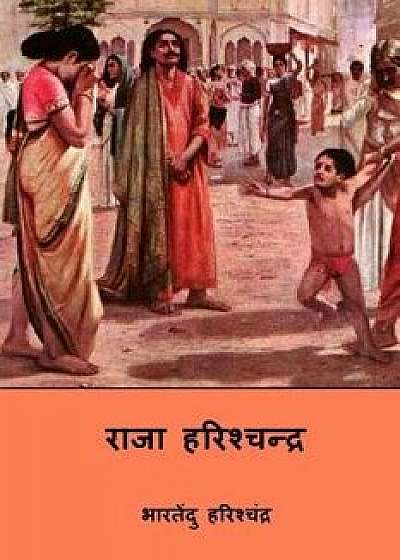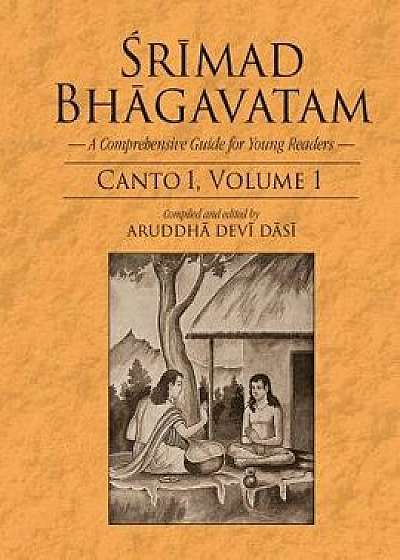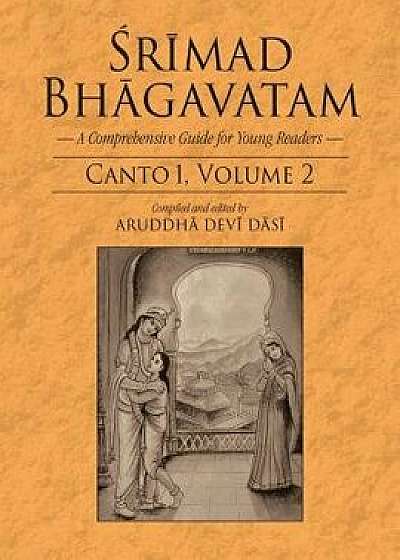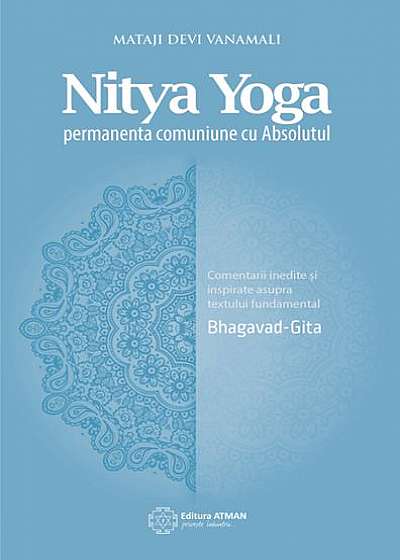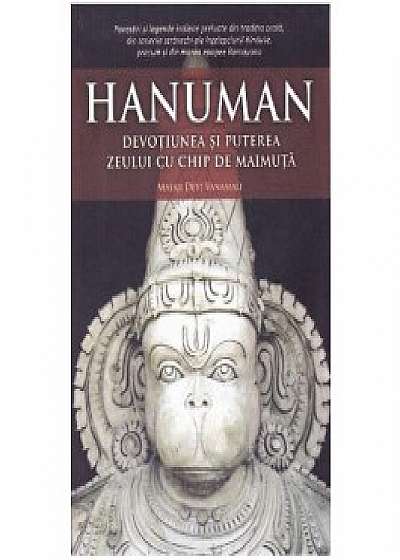
Devi-Bhagavata Purana, Volume 2, Paperback/Veda Vyasa
Descriere
Devi-Bhagavata Purana, also known as the Shrimad Devi Bhagvatam, the Devi Bhagavatam, is one of the most important works in Shaktism, a branch of Hinduism focusing on the veneration of the divine feminine, along with the Devi Mahatmya. Also, the Devi-Bhagavata Purana claims itself as a Maha Purana ("Great Purana"). The Devi-Bhagavata Purana has a special importance for the Shakta sect within Hinduism. The text describes the Devi (Divine) the Goddess, as the foundation of the world and as identical with Brahman, the Supreme Being. As the divine mother, she reveals her virat rupa (universal form) and describes the proper ways for worshipping her: especially the practice of Yoga, Meditation, and Ritual. The Devi-Bhagavata Purana also deals with topics like spiritual knowledge, social and personal ethics, and holy places. Devi-Bhagavata Purana consists of 12 skandhas (books), 318 adhyayas (chapters) and 18, 000 verses and it is ascribed to the sage Krishna Dvaipayana Veda Vyasa, who is also regarded as the author of the Mahabharata and who is credited with dividing the Vedas into four parts. The first skandha consists of 20 chapters. The first three chapters of the first skandha deal with the praise of Suta by Shaunaka for studying the eighteen puranas from Veda Vyasa and on the request of Shaunaka, Suta's beginning of narration. Chapters 4-19 describe the narrative of Suka. The last chapter narrates the story of the Mahabharata from the marriage of Shantanu with Satyavati to the birth of Dhritarashtra, Pandu and Vidura. The second, third, fourth, fifth, sixth and seventh skandhas consist of 12, 30, 25, 35, 31 and 40 chapters respectively. The last nine chapters (31-40) of the seventh skandha is known as the Devi Gita. It is a dialogue between Parvati and her father Himavat. It deals with the universal form of the Devi, meditations on the major texts of Upanishads, ashtanga-yoga, the yogas of jnana, karma and bhakti, locations of the temples dedicated to the Devi and the
